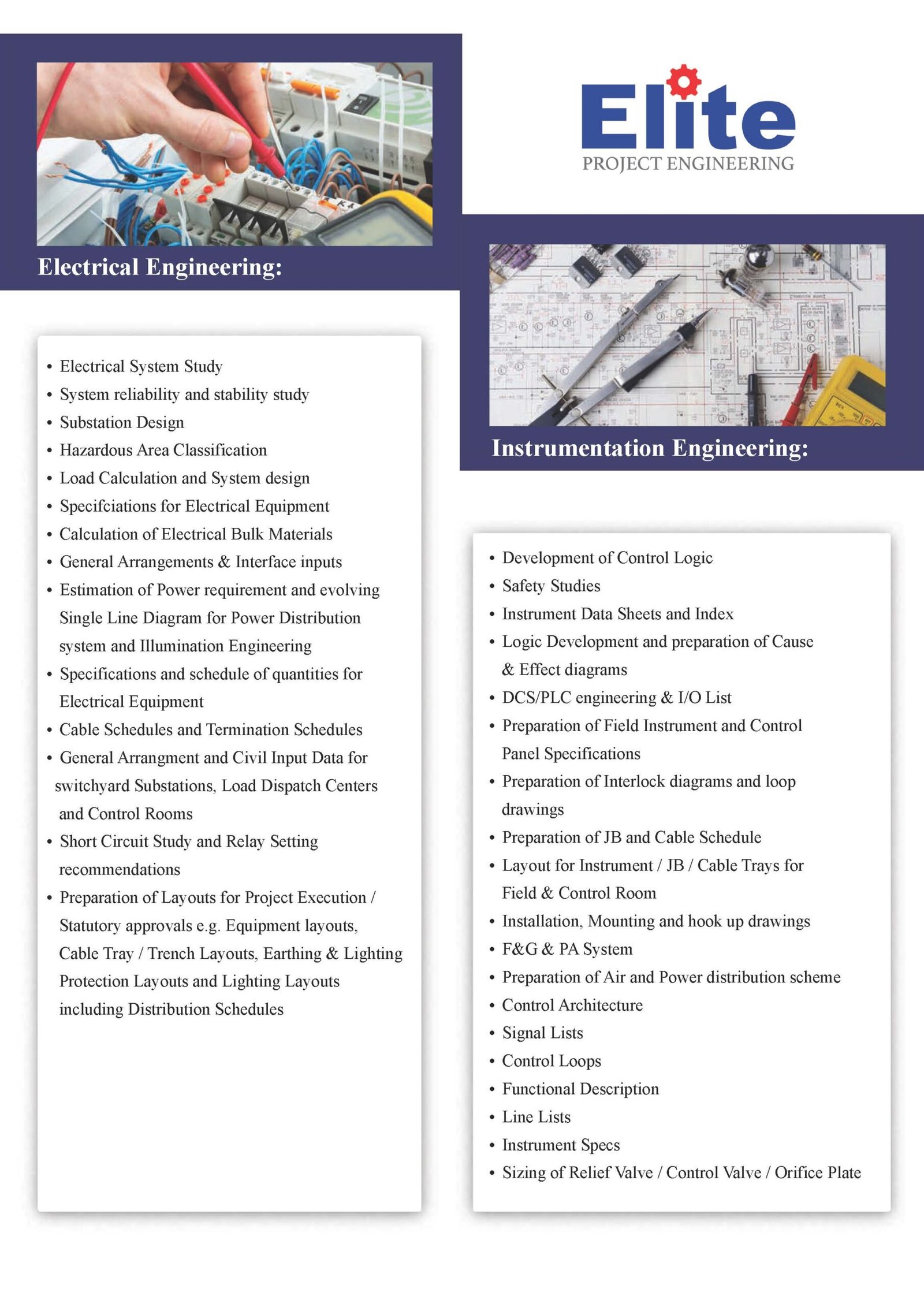Engineering, Procurement, and Construction (EPC) companies play a critical role in Africa’s industrial and infrastructure development. With the continent experiencing rapid urbanization, economic growth, and increasing demand for energy, water, and transportation infrastructure, EPC companies are at the forefront of delivering turnkey projects that drive sustainable progress. This article explores the landscape of EPC companies operating in Africa, highlighting their services, industry sectors, challenges, and emerging trends.
What Are EPC Companies?
EPC companies provide an integrated approach to project delivery, encompassing three core phases:
-
Engineering: Detailed design and technical planning.
-
Procurement: Sourcing and purchasing materials, equipment, and services.
-
Construction: On-site execution, assembly, and commissioning.
By managing all these stages, EPC contractors offer clients a single point of responsibility, which improves efficiency, reduces risks, and ensures project timelines and budgets are met.
The Role of EPC Companies in Africa’s Development
Africa’s infrastructure needs span multiple sectors:
-
Energy: Power plants, renewable energy projects, oil & gas facilities.
-
Water and Waste Management: Water treatment plants, sanitation systems.
-
Transportation: Roads, railways, airports, ports.
-
Industrial Facilities: Manufacturing plants, mining infrastructure, refineries.
-
Urban Development: Residential and commercial buildings, smart city projects.
EPC companies help bridge the continent’s infrastructure gap by delivering complex projects that boost economic growth, improve living standards, and enhance regional connectivity.
Leading EPC Companies Operating in Africa
Several international and local EPC firms have established strong footprints in Africa, including:
-
Global Giants: Companies like Bechtel, Fluor Corporation, Saipem, and China State Construction Engineering Corporation (CSCEC) are heavily involved in large-scale projects.
-
Regional Leaders: African-based EPC firms such as Mota-Engil Africa, Aveng Group, and Stefanutti Stocks provide localized expertise.
-
Specialized Contractors: Firms focusing on renewable energy or water treatment, such as Senvion and Veolia, address specific sector needs.
These companies bring diverse expertise, from heavy civil engineering to advanced renewable energy solutions, ensuring project execution aligns with Africa’s unique environment and regulatory frameworks.
Key Services Provided by EPC Companies in Africa
1. Feasibility Studies and Design Engineering
EPC contractors conduct in-depth feasibility assessments and technical designs that factor in local conditions, regulatory compliance, and sustainability goals. This phase ensures optimal project planning.
2. Procurement and Supply Chain Management
Managing procurement in Africa involves overcoming logistical challenges, sourcing quality materials, and negotiating with global and local suppliers to control costs and ensure timely delivery.
3. Construction and Commissioning
Skilled workforce management, adherence to safety standards, and quality assurance are crucial during the construction phase to deliver operational facilities on schedule.
4. Operation and Maintenance (O&M)
Some EPC companies offer extended services including operation and maintenance contracts, ensuring longevity and optimal performance of infrastructure assets.
Challenges Faced by EPC Companies in Africa
Operating in Africa comes with unique challenges:
-
Regulatory Complexity: Navigating diverse and sometimes evolving regulatory environments.
-
Infrastructure Gaps: Limited local infrastructure can hamper logistics and site access.
-
Political and Economic Risks: Political instability and fluctuating economies affect project continuity.
-
Skilled Labor Shortage: Need for specialized skills necessitates training and capacity building.
-
Environmental Concerns: Compliance with environmental standards and social impact assessments.
EPC companies often collaborate with governments, financiers, and local communities to mitigate these challenges.
Emerging Trends in EPC Projects Across Africa
Renewable Energy and Sustainability
Africa’s abundant solar, wind, and hydro resources have catalyzed a surge in renewable energy EPC projects. Companies are integrating smart grid technologies and green building practices to align with global sustainability goals.
Digitalization and Smart Infrastructure
Use of BIM (Building Information Modeling), IoT, and AI in project management enhances efficiency, risk management, and real-time monitoring, transforming traditional EPC processes.
Public-Private Partnerships (PPP)
Increasingly, governments partner with private EPC firms to fund and manage large infrastructure projects, distributing risks and leveraging private sector expertise.
Localization and Capacity Building
To ensure sustainable development, EPC companies are investing in local talent development, technology transfer, and community engagement.
Why Choosing the Right EPC Company Matters in Africa
Selecting the appropriate EPC contractor is crucial for project success due to:
-
Experience with Local Context: Knowledge of regional regulations, climate, and socio-economic factors.
-
Technical Expertise: Ability to handle complex engineering and construction requirements.
-
Financial Stability: Capacity to manage large-scale procurement and construction without delays.
-
Sustainability Commitment: Incorporation of environmental and social governance (ESG) standards.
-
Track Record: Proven history of delivering quality projects on time and within budget.
Conclusion
EPC companies are indispensable to Africa’s infrastructure transformation. By delivering integrated solutions that span engineering, procurement, and construction, they help unlock the continent’s vast potential across energy, transportation, water, and urban development sectors. As Africa continues to grow, the partnership between EPC contractors, governments, and local stakeholders will be key to building resilient, sustainable infrastructure that supports long-term prosperity.

